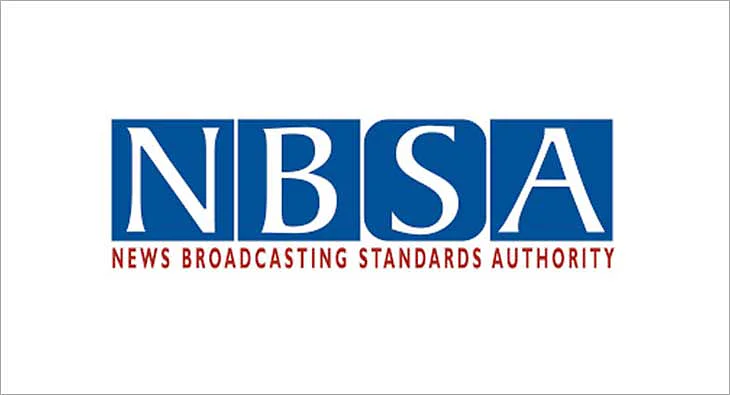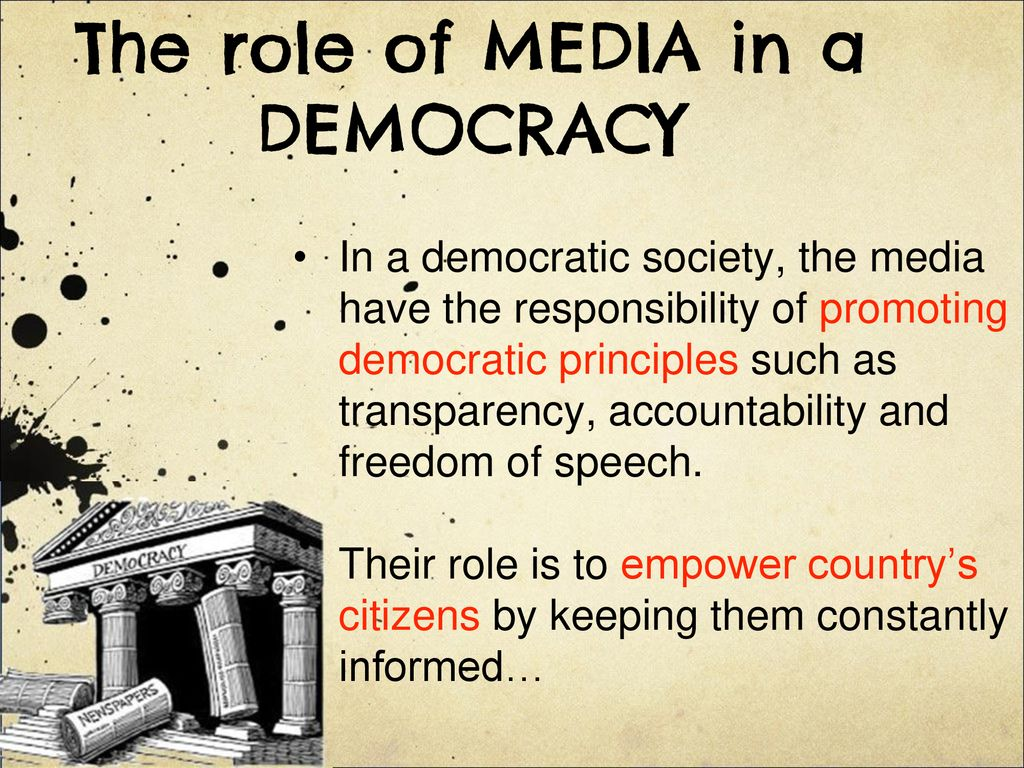Description

Copyright infringement not intended
Context: The News Broadcasting and Digital Standards Authority (NBDSA) has found that some programmes broadcast on some news channels violate the Code of Ethics, Broadcasting Standards, and Special Guidelines.
Details
- NBDSA through a series of orders has directed these news channels to remove their videos from online platforms.
- The authority while imposing a fine of ₹50,000 on a news channel said that “during the debate, instead of blaming a few culprits for the murders and violence, the anchor blamed the religion for the violence that occurred”.
- In response to a complaint regarding a news programme about the population control bill in Uttar Pradesh, the authority stated that while it was acceptable to discuss the issue of population explosion, the broadcast "lacked objectivity and neutrality as it unfairly focused only on one religion/community as being solely responsible for the population growth."
- The Authority has fined a News channel for diverting a news debate on hijab into a “communal issue” and not sticking to guidelines. The authority held that the News programme violated the principles of impartiality, neutrality, fairness and decency.
- The NBDSA highlighted that, they did not have any problem with the subject of debate but with the narrative of the debate.
- The issue has raised a debate related to the working of Media in a democracy.
.jpeg)
News Broadcasting and Digital Standards Authority (NBDSA)
- The NBDSA is an independent body set up by the News Broadcasters and Digital Association (NBDA); it serves as a representative of private television news, current affairs and digital broadcasters.
- It promotes itself as “the collective voice of the news, current affairs and digital broadcasters in India.”
- Though it is not a government or legal organization, its rulings matter within the industry.
- The NBDA has 26 news and current affairs broadcasters (comprising 119 news and current affairs channels) as its members.
- It is funded entirely by its members.
- It aims to protect all its members from persons carrying unfair and/or unethical practices or who discredit television news broadcasters, digital news media and other related entities.
- It carries out activities to promote, protect and secure the interests including the right of freedom of speech and expression of the news broadcasters, digital news media and other related entities.
- It lay down and fosters high standards, ethics and practices in news broadcasting, including entertaining and deciding complaints against or in respect of broadcasters.
- It includes a Chairperson who is to be an eminent jurist, and other members such as news editors, and those experienced in the field of law, education, literature, public administration, etc. nominated by a majority of the Board.
- It may initiate proceedings on its own and issue notice or take action concerning any matter which falls within its regulations.
- It can impose a fine up to Rs. 1 lakh and such a fine shall be recovered from the concerned broadcaster.
Significance of Media in a Democracy
- Media refers to all means of Communication, everything ranging from a Phone Call to the news on TV.
- TV, radio and newspapers are a form of media. Since they reach millions of people across the world they are Called Mass Media.
- A balanced report is essential in media which has to report independently.
- Media plays a very important role in providing news and discussing events taking place in the Country and the world.
- News Stories in the media inform people about important events in the Country.
- Media by focusing on particular issues influences and Shapes our thoughts. It is said the media sets the agenda for People.
- Opinions, attitudes, and Conduct of persons are dependent upon the information available to them.
- Most of our knowledge of Contemporary events comes from newspapers, Radio, Television and movies.
- Our emotions and attitudes are also formed or influenced to a large extent by the media.
- The media tell us about the working of the Government and create awareness about the welfare programmes.

Copyright infringement not intended
Concern
- The media is far from being independent. This is because of the Control of the Government over the media Called Censoring and because big business houses Control the media.
- Corporate Funding - A lot of money is spent on maintaining People and getting the latest technology. To meet this Cost, it needs money.
- Media, therefore, uses advertising as a tool to raise revenue.
- Manipulating News for TRPs is not only a financial scam but also morally and ethically wrong.
- Some Channels are spreading a hate narrative which is a violation of the fundamental right of the citizen to know the truth through the media.
- The media has become a source of disinformation, and this is also an ethical issue.
- Both legal and ethical dimensions are equally serious

Way Forward
- The democratic way of life depends upon the existence of free agencies of mass media.
- The Media must act in a Responsible and Independence manner; they need to promote Sincerity, Truthfulness, Accuracy, and Impartiality in their work.
- News reporting must be factual and objective.
- Programs relating to Controversial public issues are needed to give fair representation to both sides of the issue.
- Children’s programs are to be educative rather than merely entertaining.
- Advertising of hard liquor, and fortune-telling, must be avoided.
- Privacy is one of the fundamental freedoms of people and it is essential to liberty and human dignity.
- A journalist must be held accountable for the consequences of the reporting.
- Need to promote a Free and Responsible Press.
- The technique of murder must be presented in a way that will not inspire imitation.
- Brutal killings are not to be presented in detail.
- The media should not report the glorification of war, over-sentimentality, unnecessary brutality or killing, passionate love scenes, undue sympathy for immoral or criminal behaviour, or superficiality.
- Government can facilitate the Reform Process. The government may pass a law that any violation will face legal action or criminal action, but the media needed a strong policy of Self-regulation and at the same time independent regulation.
|
PRACTICE QUESTION
Q. Critically analyze the role of the Media in a democracy.
|

https://epaper.thehindu.com/ccidist-ws/th/th_delhi/issues/26912/OPS/GM5AUDIAG.1+G5UAUE2UN.1.html
















